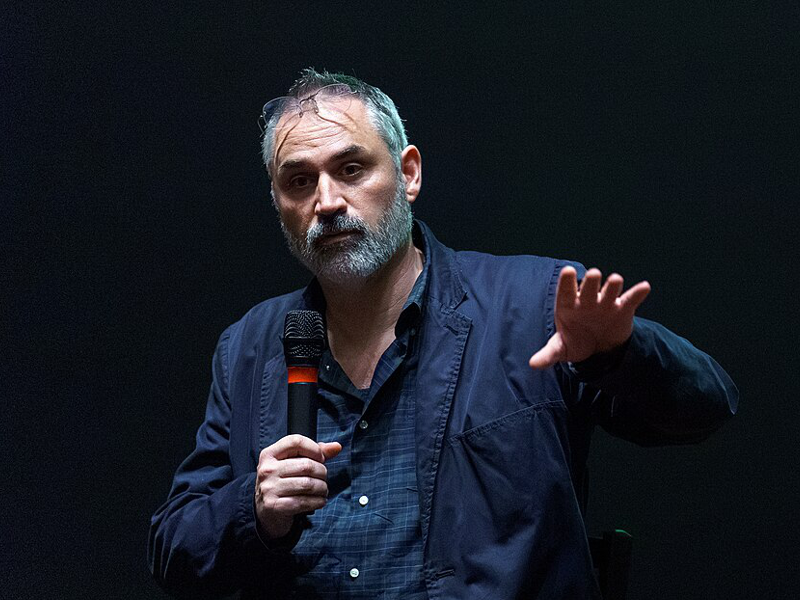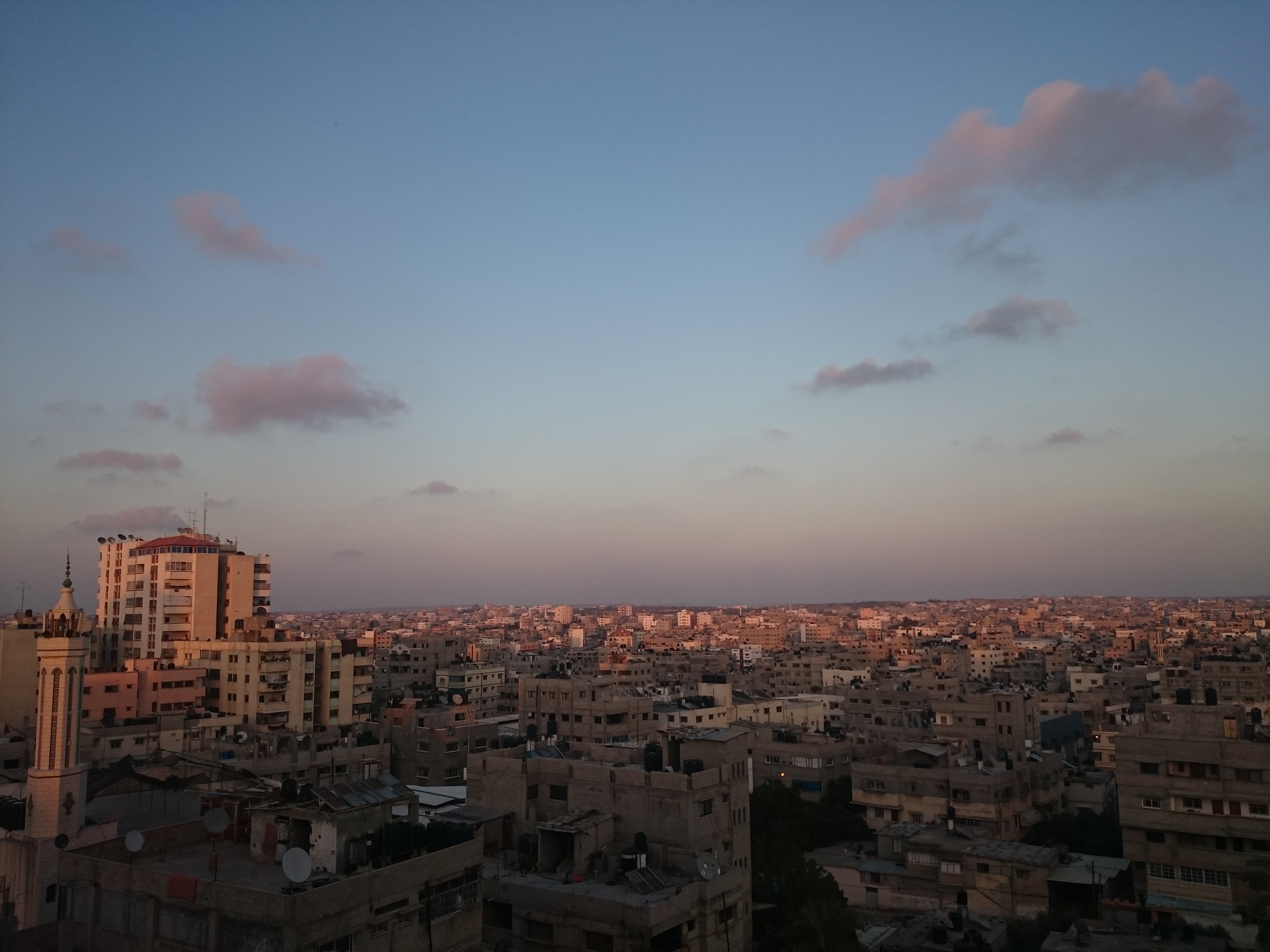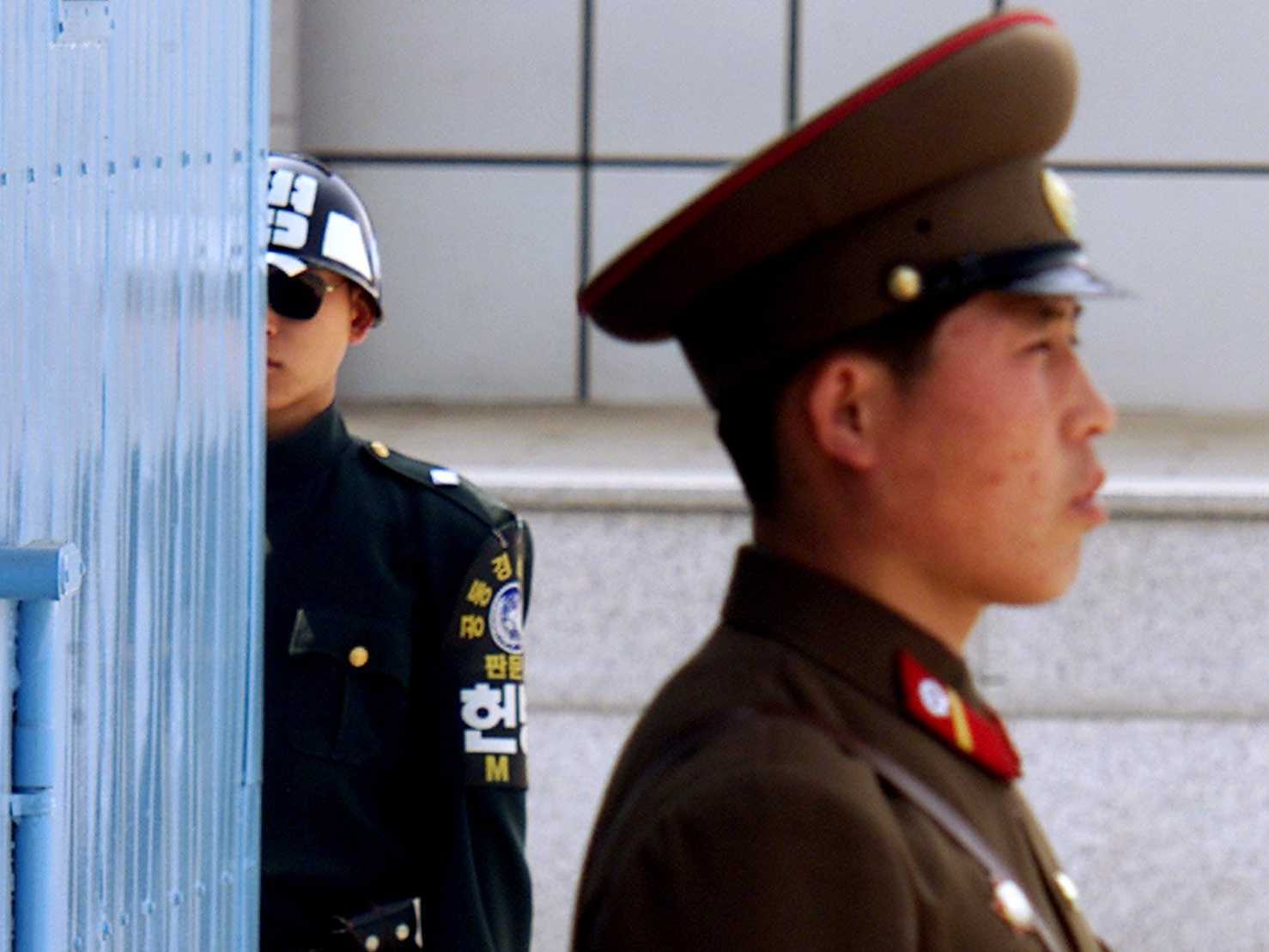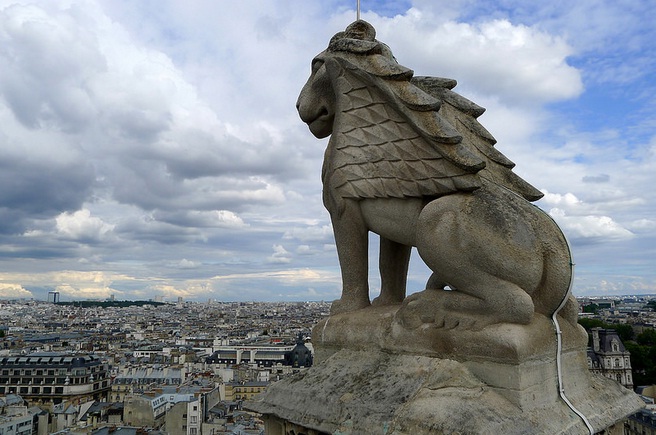Warning: This analysis contains spoilers.
“Mr. President… sir, how is your policy evolving in the use of airstrikes against American citizens?”
Alex Garland’s Civil War paints a searing picture of a dystopian America caught in the throes of civil war, a country divided by warring states and military violence. While the President hides in the White House, the ‘Western Forces,’ representing a united Texas and California, move on Washington DC to secure power. Garland isn’t concerned with explaining how the US crumbled into civil violence, but rather the depiction of violence through the lens of the war-time press.
These realities of war-time violence are captured by the protagonist Lee Smith, and aspiring young photographer Jessie, as they travel across the states to Washington DC to photograph the President. It is through Jessie’s naivety that the morality of the war photographer is heavily explored. As Lee explains to her, it is not their job to ask questions but rather to capture reality and to remind us of our own morality whilst cautoning present and future generations. Garland’s Civil War thus tackles questions such as who do the press photograph for? How do you separate yourself from the victims you photograph? What does it mean to be a bystander in war?
Along with Lee and Jessie, the film follows war correspondent Joel, who seeks to interview the President on the current state of the nation, and Sammy, a long-time journalist for “what is left of the Times’” who refuses to pack up his notebook. In a near comedic depiction of family dysfunction, the four pack into a press vehicle and start their cross country journey in New York, with a plan to leave Jessie and Sammy at the front lines in Charlottesville in a not-so-subtle nod to the Charlottesville riots of 2017. The film takes clear inspiration from Trumpist rhetoric and the disenfranchisement of contemporary American politics. The un-glamorized portrayal of wartime violence captures what film critic Wendy Ide calls the “chillingly… terrible, self-perpetuating momentum of war.”The idea of civil war thus becomes an intimate experience. To Bilge Ebiri, a film critic for Vulture, the film shows how “we’ve been spectators to the fantasy [of war] for so long that we’ve come to imagine we’re participants in it.”
The film also makes reference to contemporary conflicts (Capitol Riots, Charlottesville rally, Trumpism) and real-life American media footage to critique the Western exceptionalism and expose its own historical violence. “Beyond the plausibility of war in the United States or the tragedy of such an eventuality,” as Elbiri puts it, the film is “about the way we refuse to let images from wars like this get to us… It doesn’t want to make us feel so much as it wants us to ask why we don’t feel anything.” Garland asks us to consider what the purpose of the press is, if not to reveal our own corruption?
But the ‘get the photograph at whatever cost’ mentality that Dunst’s character rallies behind comes with a striking cost: The press are seen as enemy combatants in DC and are shot on sight. Garland’s dystopian America pushes us to consider the critical question of press freedom.
While the film advocates for the documentation of war, it also considers how the press is hindered in its pursuit of capturing the reality of violence and its critical function within democratic accountability, but that freedom goes beyond the film screen and into being challenged in real life. According to the Afghanistan Journalists Center, 136 reports of media freedom violations by the Taliban were reported between 2023 and 2024. Measures taken by the Hungarian Prime Minister Viktor Orban’s Fidesz to “limit independent reporting and facilitate media takeovers by owners and investors politically sympathetic to Fidesz” in recent years has also highlighted challenges to journalistic freedom. Such measures limit the ability of the press to hold governments and political actors accountable and to document the reality of contemporary conflicts.
Closer to home, the Online News Act (Bill C-18) passed by the Canadian government blocks news content for Canadians on social platforms like Instagram and Facebook unless tech giants like Meta and Google agree to pay media outlets for their content. As it stands, Canadians looking through social media for news will see a notice saying “People in Canada can’t see this content” with a link to information about Bill C-18. The accessibility of media content and the exploitation of the press has thus become a key topic within Canadian political discourse. For instance, wildfire relief efforts were hobbled last year by blocked media information on wildfire spreading and escape routes on Facebook. Digital media professor Alfred Hermida estimates that news consumption has diminished by 20-30% since the META block took effect, significantly impacting Canadians’ ability to stay politically informed.
If Garland aims to get us thinking about the role of journalism, then the current state of press freedom needs to be deeply investigated. UNESCO has made steps to address this issue on a global scale by setting up initiatives and global plans of action addressing the safety of journalists. But further policy action is needed on national and local level in order to start comprehensively addressing press freedom.Civil War is then not just a film about wartime violence, but also a cautionary tale about the documentation of war and the necessary freedom of the press.
Photo: Alex Garland at the world premiere of Civil War at South by Southwest 2024 (March 14, 2024), by Jay Dixit via Wikimedia Commons. CC Attribution 4.0 International License.
Disclaimer: Any views or opinions expressed in articles are solely those of the author and do not necessarily represent the views of the NATO Association of Canada.




